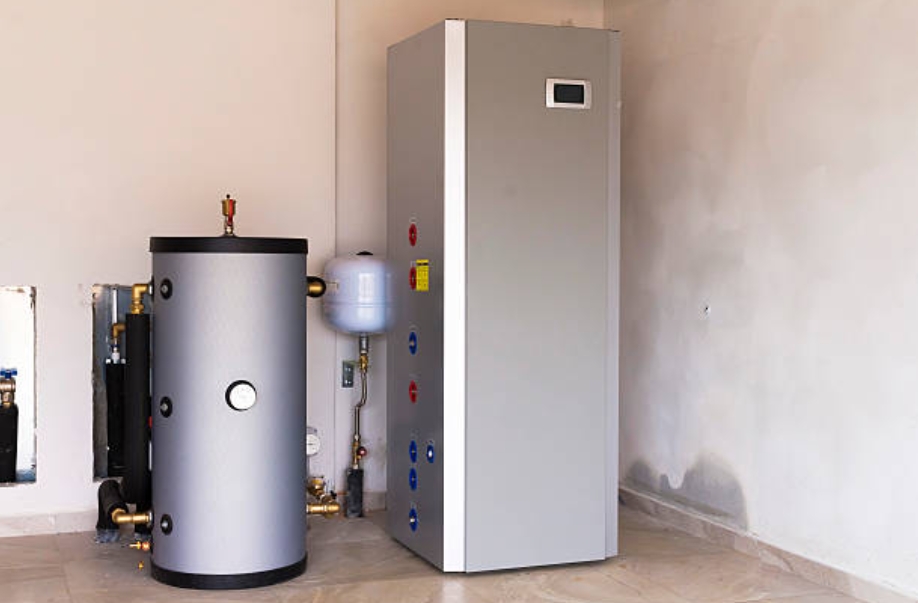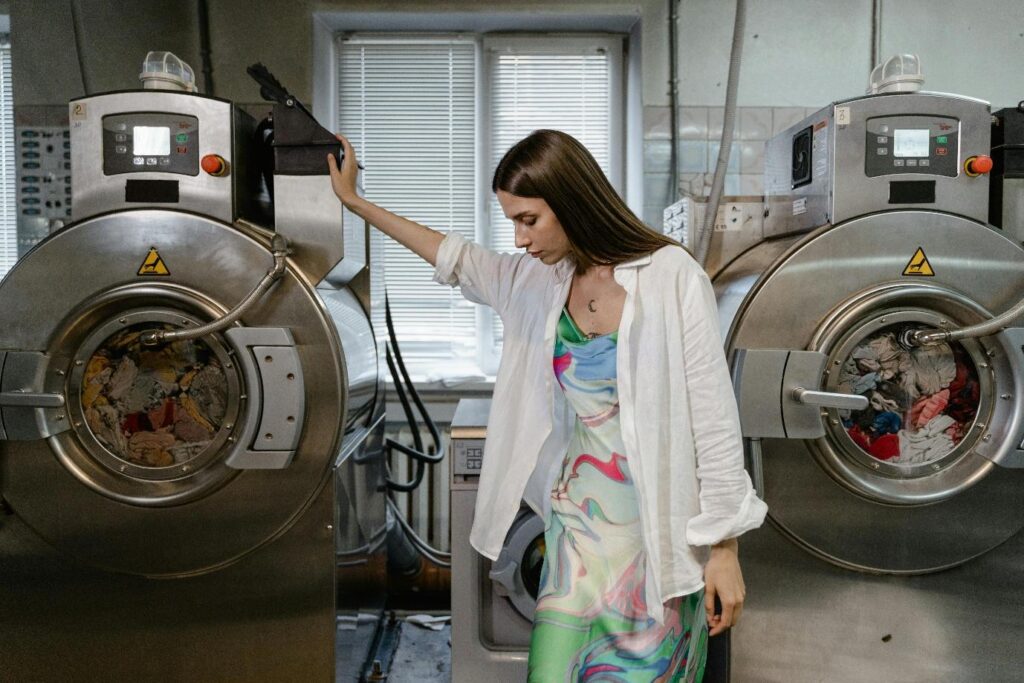The quest for energy efficiency and sustainability in home heating solutions has led to the rise in popularity of hot water heat pump systems. These systems are not only more energy-efficient than traditional water heaters but also environmentally friendly. This hot water heat pump guide aims to explain how these systems work, their benefits, and whether they are suitable for your home.
Understanding How a Hot Water Heat Pump System Works
A hot water heat pump system operates differently from conventional water heaters. Instead of generating heat directly, it extracts heat from the surrounding environment and transfers it to the water. This process can be more efficient because it uses existing heat rather than generating new heat. Here’s a breakdown of how it works:
1. Heat Extraction: The system uses a refrigerant that absorbs heat from the air, ground, or water surrounding the heat pump. This refrigerant is in a gaseous state when it absorbs the heat.
2. Compression: The gaseous refrigerant is then compressed by a compressor, increasing its temperature significantly.
3. Heat Transfer: The hot refrigerant gas passes through a heat exchanger where it transfers its heat to the water in the tank. As the refrigerant loses its heat, it condenses back into a liquid.
4. Expansion and Cooling: The liquid refrigerant then passes through an expansion valve where it cools down and reverts to a gaseous state, ready to absorb more heat from the environment, and the cycle continues.
This method of heating water is highly efficient because it leverages the ambient heat in the environment, using less electricity to achieve the same level of heating as traditional water heaters.
Benefits of a Hot Water Heat Pump System
1. Energy Efficiency: One of the most significant advantages highlighted in any hot water heat pump guide is their energy efficiency. These systems can be up to three times more efficient than traditional electric water heaters. This efficiency translates to lower energy bills and a reduced carbon footprint.
2. Environmental Impact: By utilizing ambient heat, hot water heat pumps reduce the need for electricity generated from fossil fuels, thereby lowering greenhouse gas emissions. This makes them a greener choice for eco-conscious homeowners.
3. Cost Savings: Although the initial investment in a hot water heat pump can be higher than traditional water heaters, the reduced energy consumption results in long-term cost savings. Over time, these savings can offset the higher upfront costs.
4. Versatility: Hot water heat pumps can be used in various climates and settings. They are particularly effective in moderate climates but can also be designed to work efficiently in colder environments with the appropriate configuration.
Is a Hot Water Heat Pump System Right for Your Home?
Determining whether a hot water heat pump system is suitable for your home involves considering several factors. This hot water heat pump guide will help you evaluate these factors:
1. Climate: While heat pumps are effective in a variety of climates, their efficiency can be affected by extremely cold temperatures. In colder climates, additional considerations, such as auxiliary heating, might be necessary to maintain efficiency.
2. Space Requirements: Heat pump systems typically require more space than traditional water heaters because they need good airflow around the unit to operate efficiently. Ensure that your home has enough space, such as a basement, garage, or utility room, for proper installation.
3. Initial Costs: The initial cost of purchasing and installing a hot water heat pump can be higher than conventional water heaters. However, the long-term savings on energy bills can make this a cost-effective investment. Additionally, check for available rebates and incentives that can help offset the initial costs.
4. Maintenance: Regular maintenance is essential to keep a hot water heat pump system running efficiently. This includes periodic checks of the refrigerant levels, cleaning of filters, and ensuring that the airflow is not obstructed. While maintenance is not overly complex, it does require a commitment to regular upkeep.
5. Energy Consumption: Assess your household’s hot water usage to determine the appropriate size and capacity of the heat pump system you need. Homes with higher hot water demand may require a larger capacity system to ensure a continuous supply of hot water.
6. Environmental Goals: If reducing your carbon footprint and supporting renewable energy sources are important to you, a hot water heat pump aligns well with these goals. By using less electricity and reducing greenhouse gas emissions, you contribute positively to environmental sustainability.
Installation and Integration
Proper installation is crucial for the optimal performance of a hot water heat pump system. Here are a few considerations to keep in mind:
1. Professional Installation: Hiring a certified professional to install your heat pump system ensures that it is set up correctly and operates at peak efficiency. Professional installation can also help you avoid common pitfalls and potential issues.
2. Compatibility: Ensure that your home’s existing plumbing and electrical systems are compatible with the hot water heat pump system. This might involve some modifications to accommodate the new system.
3. Placement: The placement of the heat pump unit is essential for efficient operation. It should be installed in an area with good ventilation and adequate space around the unit. Avoid placing it in confined spaces or areas with extreme temperatures.
Conclusion
This hot water heat pump guide highlights that these systems offer numerous benefits, including energy efficiency, environmental friendliness, and long-term cost savings. However, whether a hot water heat pump is right for your home depends on various factors such as your local climate, space availability, initial budget, maintenance willingness, and environmental goals.
By carefully evaluating these factors and consulting with professionals, you can determine if a hot water heat pump system is a suitable and beneficial investment for your home. Embracing this technology not only enhances your home’s energy efficiency but also contributes to a sustainable future.





